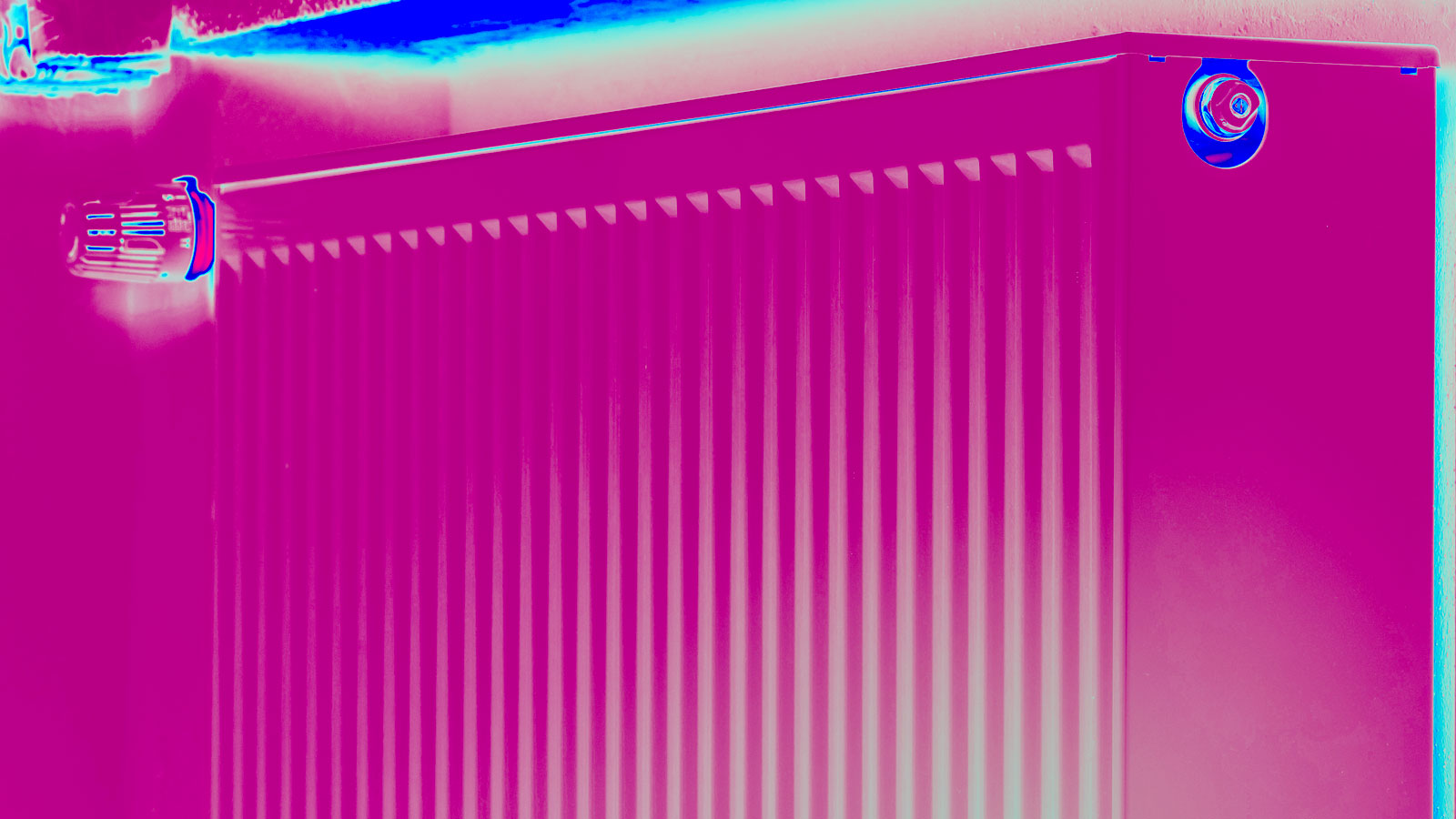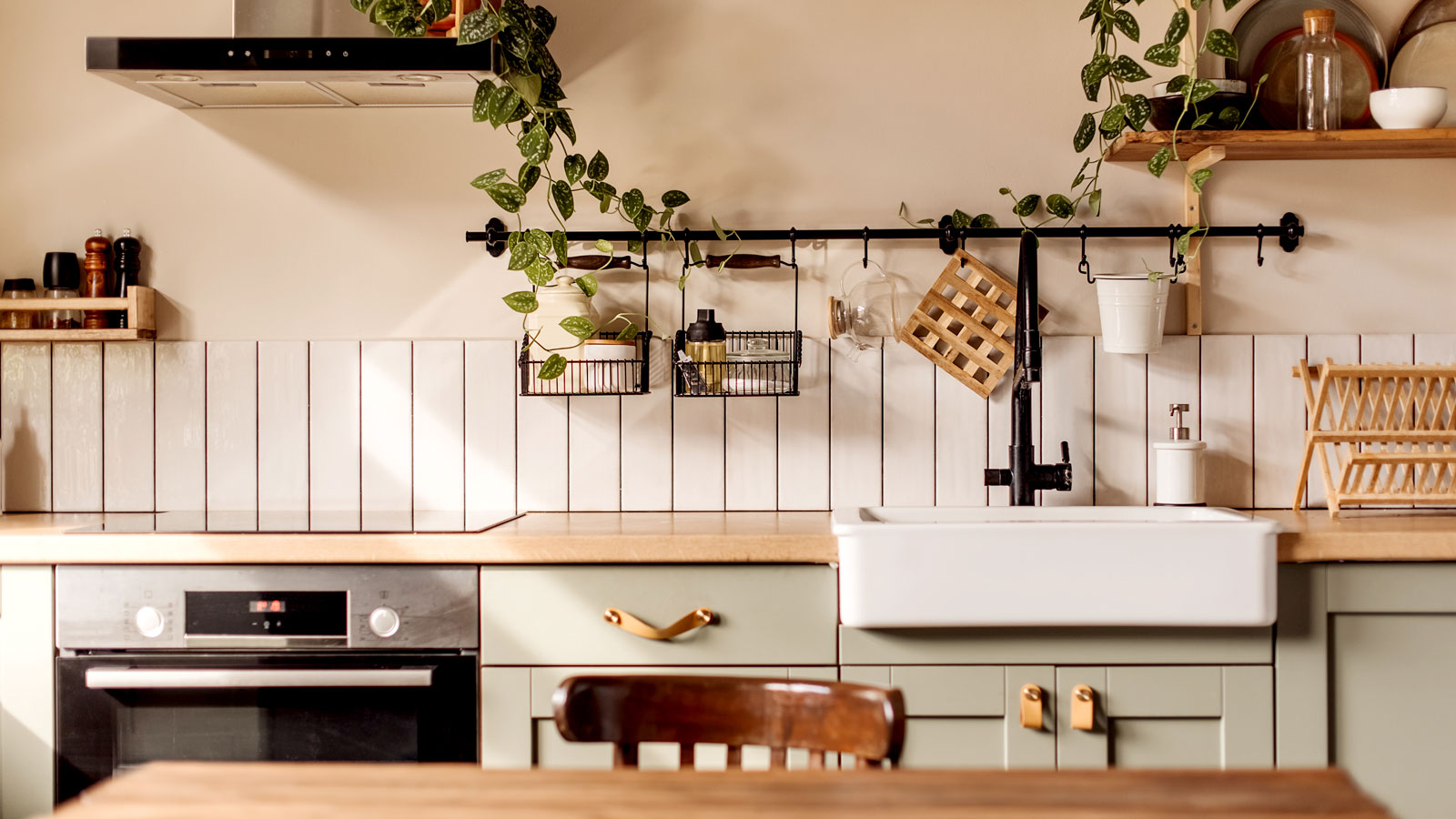What are BTUs? What they mean and why they are important to understand
What are BTUs on the radiators in your home? Do you know? What do they mean? Do you have the right radiators for your room? We get an expert to tell you more

Bring your dream home to life with expert advice, how to guides and design inspiration. Sign up for our newsletter and get two free tickets to a Homebuilding & Renovating Show near you.
You are now subscribed
Your newsletter sign-up was successful
What are BTUs? is a question you should be asking yourself when you are on the lookout for a new radiator or heated towel rail. They are one of the factors that will tell what sort of heat you can expect from a unit.
Not all radiators and heated towel rails are built the same. So when installing a radiator, even similar sized radiators can have different BTU ratings. When choosing a new radiator or similar, checking the BTU will help you choose the most efficient and effective radiator for the space you are looking to heat
Here we define BTUs, what they mean, why they are important to know and answer other common questions
What are BTUs?
BTU is an acronym for British Thermal Unit. So what does that mean? It is a measurement that is commonly used to measure heat output from different devices including radiators.
It helps determine how much heat a radiator will emit, helping decide if it's the right choice for the room you are looking to heat. It's worth noting that it's also used as a measurement for air conditioning units where it measures how many units of heat can be removed by an air conditioner.
Why do I need to know about BTUs?
You could argue that knowing the BTU of a radiator is pointless, just leave it to the professionals, they know what they’re doing. But, if you’re a keen and competent DIYer, you will want to know when replacing a radiator. It will help you determine the output of the radiator and whether or not it is the ideal choice for a room.
To determine what BTU you need for a room use an online calculator like this BTU calculator from Toolstation. This lets you choose the type of room, add dimensions and additional information. Note, when you get a BTU figure, e.g 5000, look for a radiator with a slighter higher BTU e.g 5500, to make sure you are going to get the output you need.
What factors affect BTU output?
There are a range of factors that affect the output of a device, reveals Mark McShane, Plumbing, Heating, Electrical & Renewables Expert at Boiler Cover UK. “The BTU rating (i.e. output) of the device, the type of fuel the device uses (and its efficiency) and the size and shape of the device (i.e. floor or wall standing)"
But its not just the device that determines the output continues McShane, "Exterior factors such as the ambient temperature, and the insulation quality of the room in question all have an effect on the BTU output that is required in order to adequately heat or cool a room.”

Mark is a fully qualified plumber, gas engineer and electrician with a passion for helping people install renewable energy solutions. He own the Skills Training Group, who provide training and apprenticeships for the heating, plumbing, and electrical industries.
Does a higher BTU mean more heat?
The simple answer is Yes as McShane explains, “A higher rating means a larger capacity of heat. Devices with a higher rating can produce more heat. As such those with high BTUs can supply a greater amount of heat and can also be expected to heat, and or cool a larger space more efficiently than a lower BTU rated unit.”
Bring your dream home to life with expert advice, how to guides and design inspiration. Sign up for our newsletter and get two free tickets to a Homebuilding & Renovating Show near you.
But beware, you want a BTU rating that matches the room, “It is important to make sure that the unit you are using is one with a BTU rating that’s suitable for a space that is not too large or not too small.” Why?, “You shouldn’t go smaller and save on space costs - the heating won’t hit the sweet spot - and you shouldn’t set up a larger unit in a smaller space as the energy usage will be unnecessarily inflated.”
What is a good BTU for radiators?
There isn’t a simple answer to this question as different factors determine the BTU rating as McShane reveals, “The optimal BTU for a radiator depends on the size of the room in need of heating. As a rough guide, the volume of your room in cubic feet can be multiplied by a factor (which relates to the quality of insulation and the local climate) to give you the number of BTUs per hour required. This should be assessed by a professional.”
But, as an example a 3m x 4m living room with a single average sized window and a single outside wall will need a BTU of 4200-4500. A similar sized kitchen with similar elements would need a BTU of 3700-4000.
What happens if BTU is too high?
If you invest in a radiator with a BTU a lot higher than needed it can lead to issues – and cost more, as McShane explains, “If the BTU rating is too high for the space, it can cause inefficiencies like rapid cycling (when a unit turns on and off too frequently). This runs up your energy costs, can make for hot and cold spots in your rooms, and reduce the life of your system. In the long run, it endures far too many temperature changes for its intended operation.”
His final words are simple but effective, take note, “The BTU capacity should be appropriate for the size of your room.”
To help ensure your radiators are running efficiently and effectively you need to perform a little maintenance. Our how to balance radiators and how to bleed a radiator guides will give you invaluable information to help keep your home warm.
Steve Jenkins is a freelance content creator with over two decades of experience working in digital and print and was previously the DIY content editor for Homebuilding & Renovating.
He is a keen DIYer with over 20 years of experience in transforming and renovating the many homes he has lived in. He specialises in painting and decorating, but has a wide range of skills gleaned from working in the building trade for around 10 years and spending time at night school learning how to plaster and plumb.
He has fitted kitchens, tiled bathrooms and kitchens, laid many floors, built partition walls, plastered walls, plumbed in bathrooms, worked on loft conversions and much more. And when he's not sure how to tackle a DIY project he has a wide network of friends – including plumbers, gas engineers, tilers, carpenters, painters and decorators, electricians and builders – in the trade to call upon.

